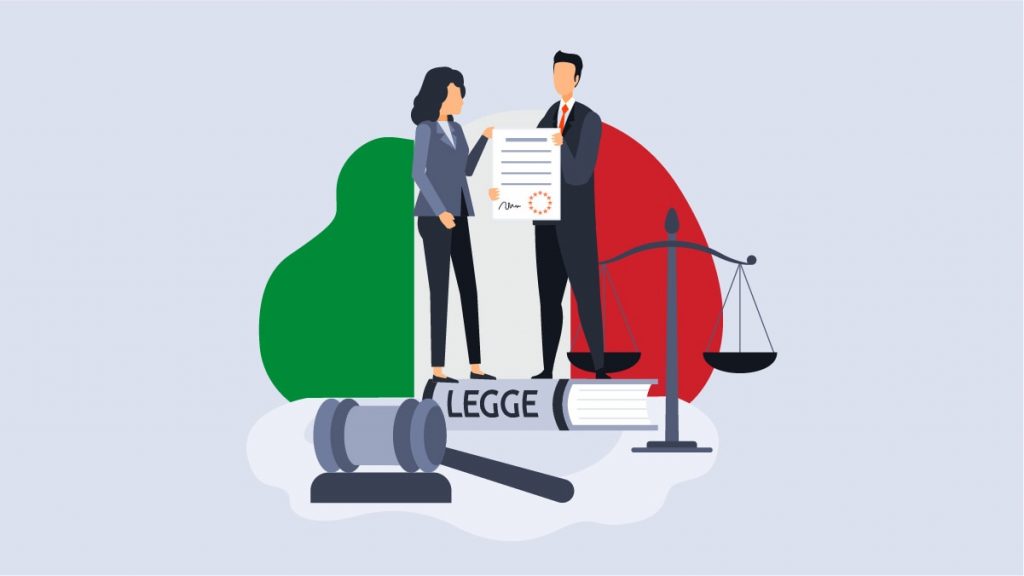The leak
The Uber files are a massive leak of some 124,000 confidential documents spanning from 2013 to 2017 that include more than 83,000 emails, iMessages and WhatsApp messages as well as memos, presentations, notebooks, briefing papers and invoices. They were leaked to British daily newspaper The Guardian by Mark MacGann, Uber’s former chief lobbyist in Europe, the Middle East and Africa.
The 18.69 GB of records cover 40 countries during a period when Uber was undertaking an aggressive global expansion under co-founder Travis Kalanick, and they contain high-level exchanges between some of the company’s most senior executives. The Guardian decided to conduct a global investigation in the public interest and shared the leaked material with 180 journalists in 29 countries via the International Consortium of Investigative Journalists.
The revelations
The huge trove of files shows how Uber tried to force its ride-hailing services into global markets amid a major backlash from taxi drivers. Its aggressive tactics saw it break numerous laws and regulations relating to traditional taxis while it engaged in secret lobbying practices with presidents, prime ministers, oligarchs and media executives.
It also emerged that the company paid high-profile academics in the United States and Europe hundreds of thousands of dollars to produce research to support the lobbying campaign. Emmanuel Macron was among the leaders implicated and he secretly helped Uber’s activities in France when he was economy minister.
Instead of approaching city mayors and transport authorities as is standard practice, Uber continued to bypass them and head straight to seat of power, also holding face-to-face meetings with then Irish Taoiseach Enda Kenny, then Israeli Prime Minister Benjamin Netanyahu and then UK Chancellor George Osborne. Kalanick also attempted to lobby then US Vice President Joe Biden during a meeting at the World Economic Forum at Davos.
When taxi drivers went on strike and there were riots in Paris, Kalanick ordered French executives to encourage Uber drivers to stage a counter protest with mass civil disobedience. Despite being warned that doing so would put Uber drivers at risk, he urged his team to press on regardless. One former senior executive described a strategy of “weaponizing drivers” and exploiting violence to “keep the controversy burning”. Leaked emails suggest this strategy was repeated in Italy, Belgium, the Netherlands, Spain and Switzerland.
The leaked data suggests senior figures at Uber were perfectly aware of the company’s behaviour and the fact that it was breaking the law. It also developed methods to circumvent law enforcement. One example was known internally as a “kill switch” whereby company executives instructed IT staff to cut off access to data systems when an office location was raided by the authorities.
The whistleblower: Mark MacGann
52-year-old career lobbyist Mark MacGann held a senior role at Uber from 2014 to 2016 and he came forward as the source of the leak. He was born in Ireland and had previously worked at public policy firms before joining NYSE Euronext, the world’s largest stock exchange operator that runs the New York Stock Exchange. As its chief European lobbyist, he led its government affairs and public advocacy team in Brussels before leaving to join Uber for a considerably lower salary. A significant pay cut promised to be offset by stock options that would be worth millions if Uber proved successful in its global mission.
MacGann was an obvious pick as Uber’s head of public policy for Europe, the Middle East and Africa, and he was tasked to leverage the powerful contacts he built up during two decades working in public policy to aid the company’s global expansion. MacGann left Uber in 2016 on good terms despite settling a pay dispute with his then employer.
After he decided to blow the whistle, MacGann travelled to Geneva to meet reporters from The Guardian where he handed over the massive trove of company data. He claims he spoke out about his former company because it knowingly broke laws in dozens of countries and misled people about how drivers benefitted from the company’s business model.
MacGann also admitted he was partly motivated by remorse because he took an active part in Uber’s questionable activities as a senior executive. “I am partly responsible”, he said in an interview with the Guardian, adding “I was the one pushing this with the media, I was the one telling people that they should change the rules because drivers were going to benefit and people were going to get so much economic opportunity”. Continuing, MacGann remarked “when that turned out not to be the case – we had actually sold people a lie – how can you have a clear conscience if you don’t stand up and own your contribution to how people are being treated today?”
Given that he was a senior executive, a political insider and an active participant in the wrongdoing he exposed, MacGann is certainly an unusual whistleblower. Unfortunately, he has suffered similar consequences to plenty of other people who have spoken out over the years. He says that the mental toll of his experience working at Uber led to a post-traumatic stress disorder diagnosis while he has been afforded bodyguard protection amid threats to his life.
The response
After MacGann came forward and identified himself as the whistleblower, Uber responded by stating “we understand that Mark has personal regrets about his years of steadfast loyalty to our previous leadership but he is in no position to speak credibly about Uber today”.
Responding to the leak itself, Uber acknowledged past failings but claimed it had turned a new leaf since 2017 under chief executive Dara Khosrowshahi. Quoted in The Guardian, an Uber spokesman said “we have not and will not make excuses for past behaviour that is clearly not in line with our present values”. The company has said that it has updated its lobbying rules and improved its oversight since the period of the leak.
From Italian taxi drivers stopping their cars in protest to growing calls to reign in tech lobbyists, the response to the revelations has been both widespread and varied. EU authorities are now being urged to investigate a former politician linked to Uber’s activities while there is backing for the EU to strip the company of its access passes to the European Parliament.
In Spain, Deputy Prime Minister and Labour Minister Yolanda Díaz said democracy needed to be deepened in response while Irish Taoiseach Michéal Martin called for greater transparency around lobbying and business.
Interested in other whistleblower stories? Check out our features on Theranos and Wirecard here.









